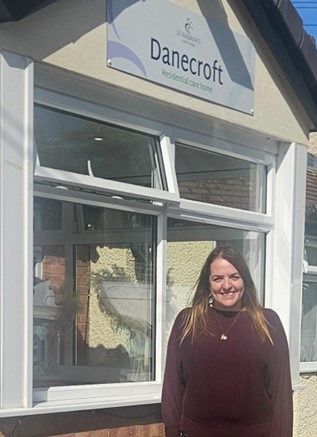1 December 2025
Digital records support care providers to work more efficiently and deliver more…
A project to support care providers in Bedfordshire, Luton and Milton Keynes to adopt digital records has achieved all its planned objectives and demonstrated an…


